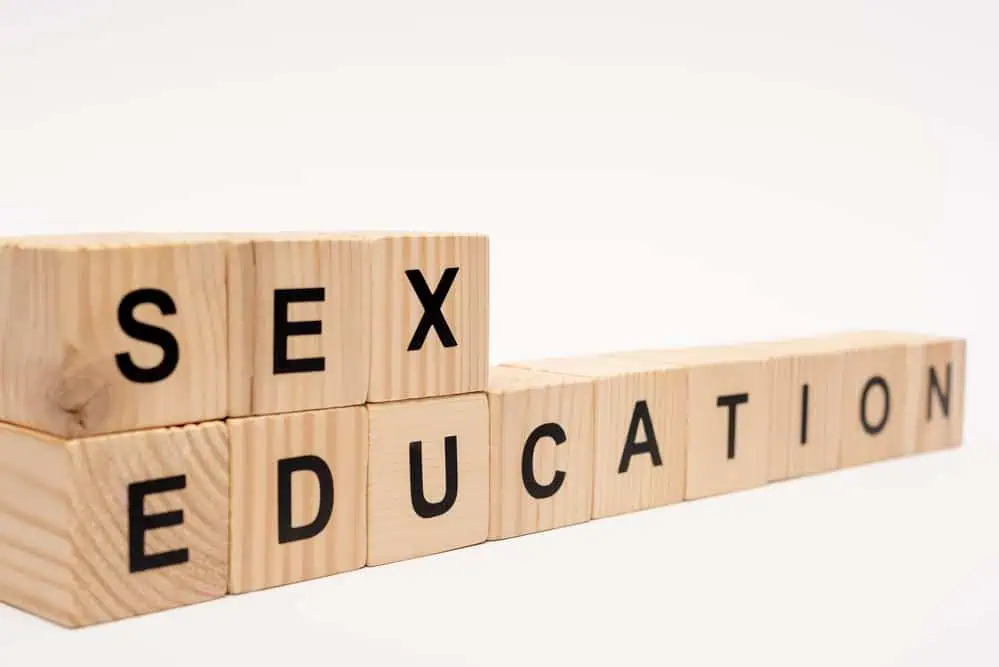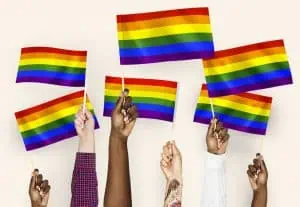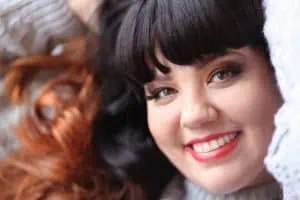
Sex Education That Should Be Taught in Schools
Not everyone received sex education in school, and those who did might not have received medically accurate information. If you were the type to turn to friends or porn to learn how sex worked, you weren’t alone. Without real information taught in an age-appropriate way, many people move into adulthood with a lot of misconceptions about sex and pleasure.
With the internet at our fingertips, we can now learn as much as we want to about sex and sex toys as adults. But what if the next generation didn’t have to wait that long? We talked to educators and other professionals to find out what kind of sex education should be taught in schools, beyond the heteronormative basics you may have learned back in the day.
Here’s what they had to say.
Inclusive Sex Education

When sex ed is taught at all, it focuses on heterosexual experiences as the default. For students who may already know they’re not straight, they can’t see themselves reflected in the information being shared. This does little to educate them to have safer, better sexual encounters in the future.
Pleasure Positive Sex Education

“I remember my early sex-ed courses because I took workshops put on by the queer community, for the queer community,” explains Wolf. “I learned to put on a condom by watching a demonstration on a dildo, not a banana. I learned that vibrators were a thing and that sex with another person was not the only “legitimate” way to have an orgasm. I learned that people with all sorts of bodies, sexual interests, and even fetishes, could and did have fantastic sex.”
Kate W., the founder of PleasureBetter.com, agrees.
“There are two main ideas I wish I had been taught in sex education,” states Kate. “What the clitoris is, where it is, and how most women need to stimulate it in order to orgasm.That it’s okay and not shameful to enjoy pleasure purely for the sake of pleasure. Orgasm doesn’t have to be for a higher-level goal like connecting with someone else. It’s okay just to enjoy getting off.”
Consent in Sex Education

Wolf agrees, especially in terms of the reality of sexual assault and violence. “Sex ed curriculums throughout this country still feature the “stranger in the bushes” version of rape. Not only is this statistically very rare, but this idea precludes the reality that consent is a constant negotiation in any relationship, whether between 16-year-olds or between 40-year-olds.”
Conclusion
If you were “lucky” enough to receive sex education in school, you may have learned about pregnancy and sexually transmitted infection (STI) prevention. You more than likely heard how “babies” are made. As an adult in the world, you probably also know how inadequate this education really was.
While many of the nuances of sex and sexual pleasure come from adult experiences, a more thorough — and medically accurate — version of sex education could have helped us all have better, healthier sexual experiences. Maybe it’s time we demand better for the next generation.
